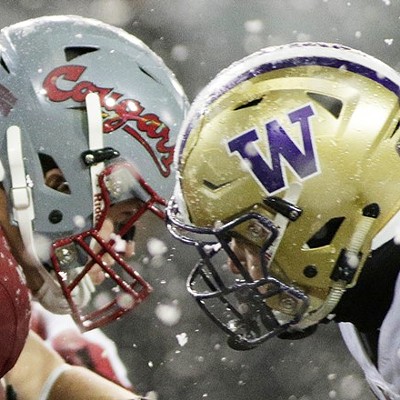Just a week after watching her husband die in Dallas, his blood splattered across her pink suit, Jackie Kennedy summoned journalist Theodore H. White. The First Lady trusted White, who had been good to Jack in his 1960 book The Making of the President. It was time, she decided, to write the first draft of her husband's story.
In White's notes — released by the JFK Library the year after Jackie Onassis' death in 1995 — the key moment emerges when she talked about happy times in the White House: "At night before going to bed," she told White, "we had an old Victrola. He'd play a couple of records. ... It was a song he loved... 'Camelot' ... sad 'Camelot.'" She quoted from the song: "'Don't let it be forgot that for one brief shining moment there was Camelot.'" Then, scribbled there in the margins of White's transcript, she added (twice): "And it will never be that way again."
LIFE magazine published White's story that week, with Jackie's edits, and a grieving America ate it up: John F. Kennedy and his presidency were cemented into history as something magical. Camelot was real.
Fifty years after those shocking moments in Dallas, we are more mesmerized than ever by the tragedy — that gory Zapruder film seems to be running a perpetual loop on TV this month. While that's the searing memory for so many Americans who died a little bit that day, Jackie Kennedy's careful curation of her husband's life story — a pivotal story in American history — is what stays with me. John F. Kennedy was not what he appeared. Although seemingly full of vitality, he was crippled by pain, and he hid his infidelity behind his iconic family. Remembered as a great president, his policy record was mixed — he prevented one war (during the Cuban Missile Crisis), but launched another (Vietnam).
Still, JFK remains frozen in time as our first modern president; he reshaped the office in ways that still define it. He was the first candidate sold like a commodity in the dawning media age, with handlers taking his message straight to the people, taming the press and side-stepping political bosses. He happened to be perfect for the part, and that allowed him to genuinely inspire an entire generation — his most valid claim to greatness.
Every president and every candidate since has followed the JFK playbook, hoping to rekindle that magic. But the press is no longer complicit in the myth-making, and the public is more cynical and fame-fatigued.
In the end, Jackie's final epitaph that "it will never be that way again" pretty much nailed it. But for a moment, 50 years ago, Camelot came shining through our darkest night, and we wanted to — we needed to — believe. ♦





















